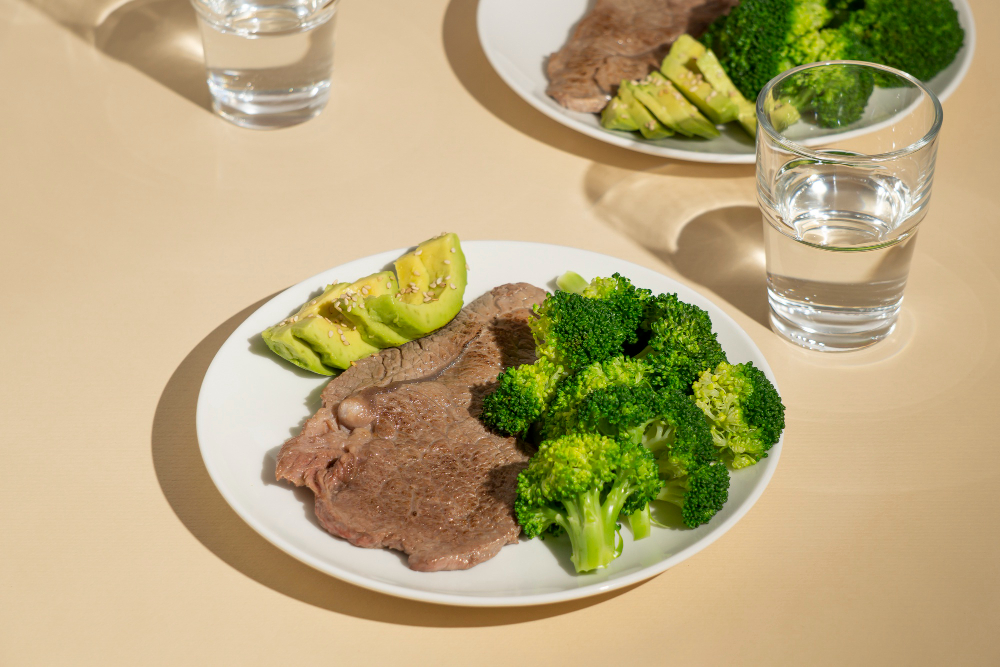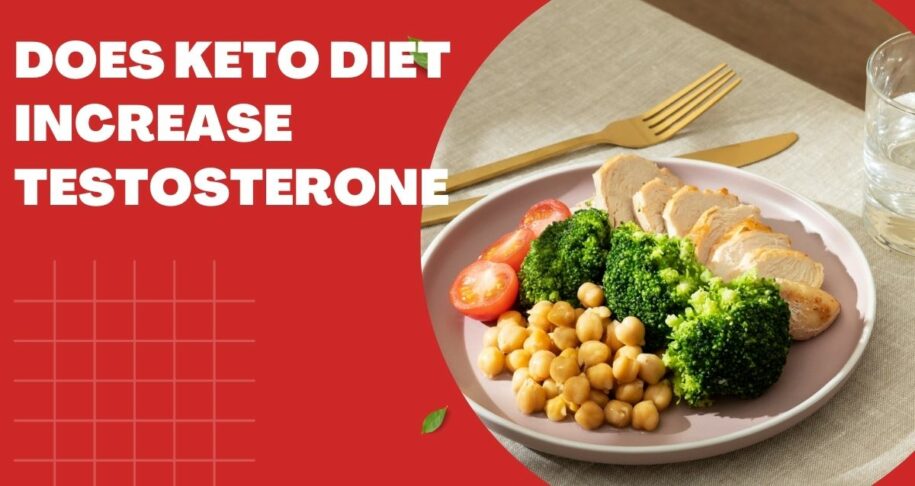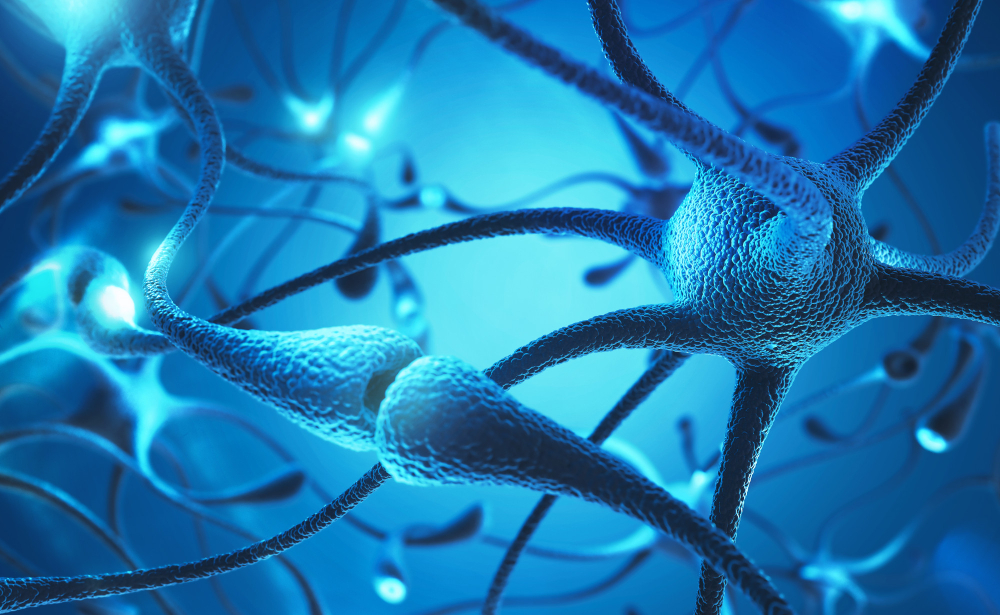What are your thoughts on how keto affects testosterone levels? :does keto diet increase testosterone
introduction:does keto diet increase testosterone
In today’s post, I want to explore the effects of the keto diet on testosterone levels. A lot of research has been done on this topic, with early studies showing promising results. However, more extensive research is needed to fully understand how this diet can affect our bodies over time.
A keto diet’s possible effects on testosterone levels include increased libido, improved mood and energy levels, and better muscle development. However, it is important to note that these results may vary from person to person depending on factors such as age and overall health status.
What are some of the potential effects of a keto diet on testosterone levels?
There is still a lot of research that needs to be done on the keto diet and its effects on testosterone levels. However, early studies show promising results. The keto diet may help to increase testosterone levels by regulating hormones and improving insulin sensitivity. Additionally, keto may promote muscle growth and reduce body fat. More extensive research is needed to fully understand how the keto diet can impact testosterone levels and improve overall health.
Overall, there is still much we don’t know about how a keto diet may affect testosterone levels. Some preliminary studies have shown that this type of diet does have potential benefits for increasing testosterone, improving insulin sensitivity, and promoting muscle growth. However, more research is needed to fully understand the effects of keto on testosterone and how this diet may improve overall health. If you consider starting the keto diet, it is important to consult with your healthcare provider first and carefully monitor any changes in your health or hormone levels.

What does current research say about the effectiveness of a keto diet for boosting testosterone levels?
As of right now, there is not a ton of research available on how the keto diet specifically affects testosterone levels. However, the few studies that have been conducted show promise. One study showed that men who followed a ketogenic diet for 3 months saw an increase in their testosterone levels (1). Another study found that men who were following a ketogenic diet and doing resistance training saw increases in their testosterone levels (2).
While the research so far is promising, more extensive research is needed to say for sure how effective the keto diet is for boosting testosterone levels. Until then, it’s still a good idea to speak with a doctor or registered dietitian before starting a keto diet, especially if you have concerns about your testosterone levels.
Overall, there does seem to be some evidence that the keto diet can boost testosterone levels in men. However, it’s important to remember that more research is needed to fully understand the effects of this diet on our bodies. If you’re curious about trying a keto diet and wonder how it might affect your testosterone levels, speak with your doctor or a qualified health professional first.

What foods should you eat on a ketogenic diet to maintain healthy testosterone levels?
There is a lot of ongoing research on how the keto diet affects testosterone levels, and there is some evidence that this type of diet can help promote healthy testosterone production in the body. However, more extensive research is needed to fully understand how the keto diet may affect testosterone levels long-term.
One potential strategy for maintaining healthy testosterone levels on a keto diet is consuming foods rich in certain nutrients, such as zinc and magnesium. These nutrients play important roles in supporting optimal testosterone production, so including plenty of healthy sources of these nutrients in your diet may help support your testosterone levels while following a ketogenic eating plan. Good sources of zinc and magnesium include grass-fed beef, pumpkin seeds, dark chocolate, and avocados.
Another important consideration for maintaining healthy testosterone levels on a keto diet is getting enough high-quality sleep. Sleep plays a vital role in testosterone production, so if you are not getting enough restful sleep each night, it could impact your testosterone levels. Make sure to prioritize getting 7-8 hours of sleep each night. If you have trouble sleeping, consider adopting some simple sleep hygiene practices such as avoiding caffeine late in the day and establishing a regular bedtime routine.
Suppose you are thinking about trying a keto diet and want to maintain healthy testosterone levels. In that case, it is important to work with a registered dietitian or certified nutritionist who can help you create an individualized meal plan that meets your specific needs. This can help ensure that you are meeting your nutritional needs while also promoting optimal testosterone levels, leading to a host of other health benefits. In addition, staying active and managing stress levels are also important factors to consider when it comes to maintaining healthy testosterone production. Overall, incorporating these strategies into your daily routine may help you reap the full benefits of a keto diet and maintain healthy testosterone levels long-term.
conclusion
Some of the potential effects of a keto diet on testosterone levels are not fully understood. Early studies suggest that the diet may have a positive effect on testosterone levels, but more research is needed to confirm these findings. Current research does not conclusively support the use of a keto diet for boosting testosterone levels, but further study is warranted. Overall, the keto diet may have some positive effects on testosterone levels, but more research is needed to understand the long-term effects of this diet.




